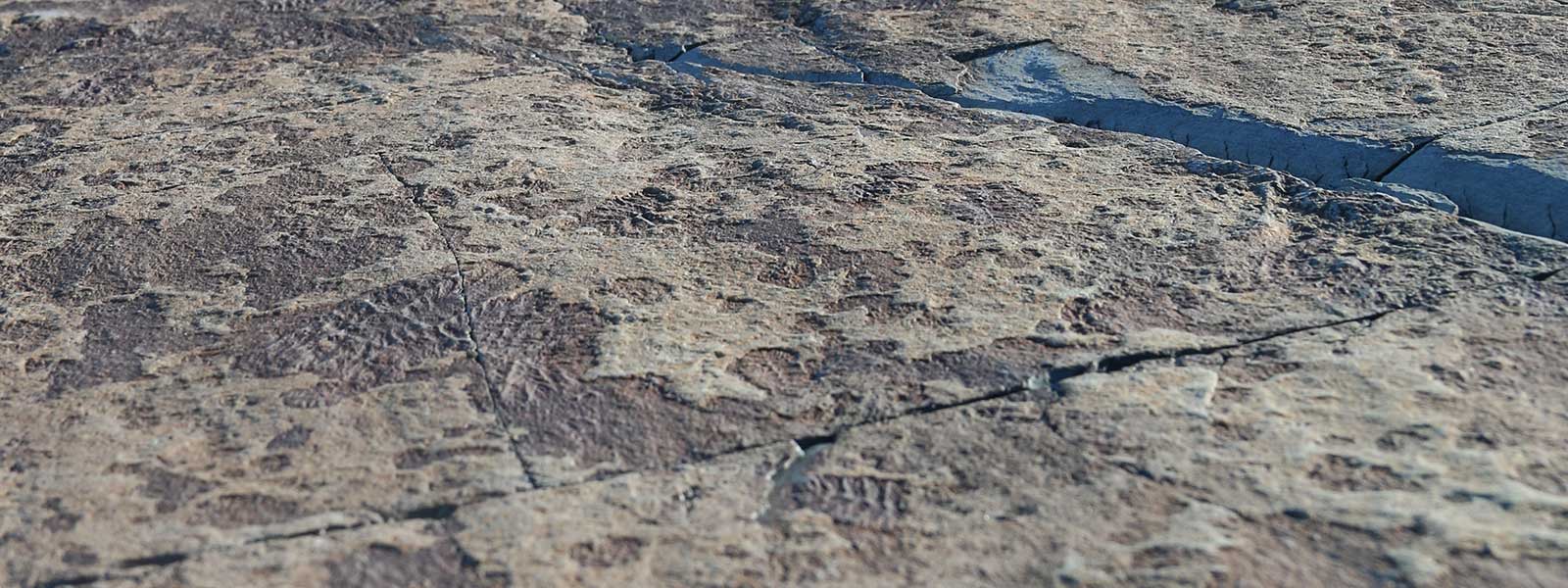UNESCO Global Geoparks must be single, unified geographical areas where sites and landscapes of international geological significance are managed with a holistic concept of protection, education, research and sustainable development.
Geoparks aim to connect Earth heritage with all other aspects of an area’s natural and cultural heritage, to promote awareness of key issues facing society in the context of the dynamic planet we all live on. The geology in a Geopark is linked to sites with interesting geology, history, folklore and culture. Tourism industry promotion in a Geopark focuses on highlighting the geographical character of a place.
Geoparks also inform about the sustainable use and need for natural resources, whether they are mined, quarried or harnessed from the surrounding environment, while at the same time promoting respect for the environment and the integrity of the landscape.
Compared with national or provincial parks which are often government-initiated projects, a Geopark is typically a grassroots, community-driven initiative.
Collaboration among Geoparks is an important component of the Global Geoparks Network. UNESCO encourages international cooperation between Geoparks especially in the fields of education, tourism, sustainable development, protection of fossils and artifacts, and regional planning.
Discovery has applied for designation and we hope to be the first for Newfoundland Labrador.
Application 2018
Discovery Aspiring Geopark Application Dossier for UNESCO Global Geoparks
